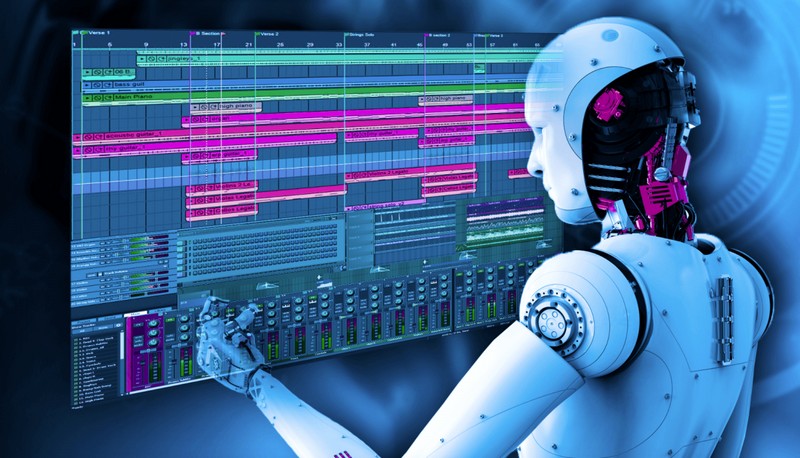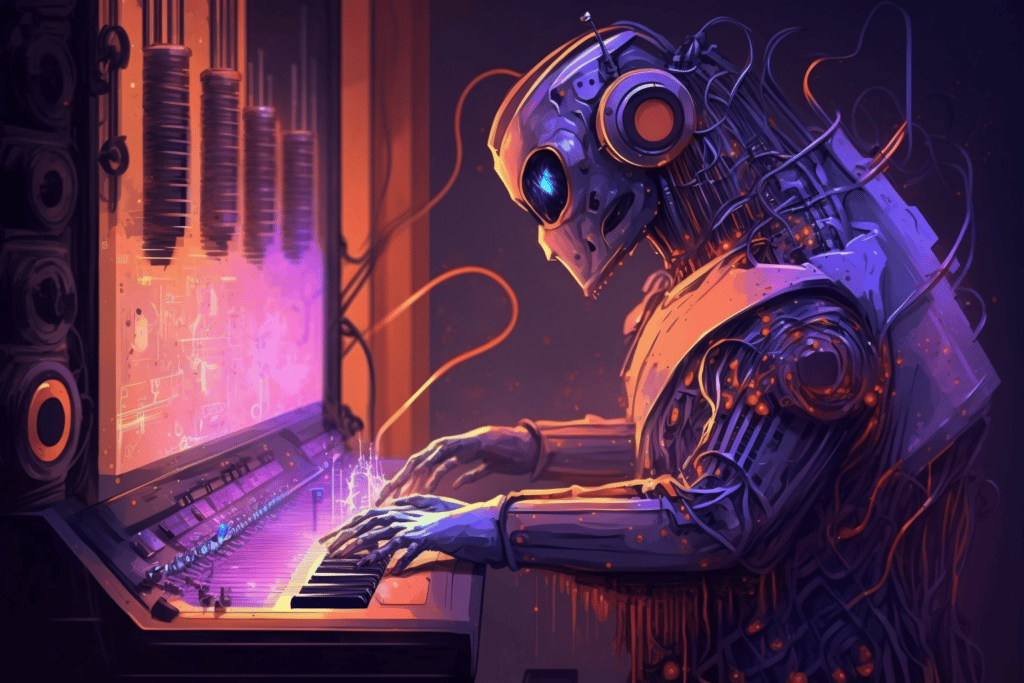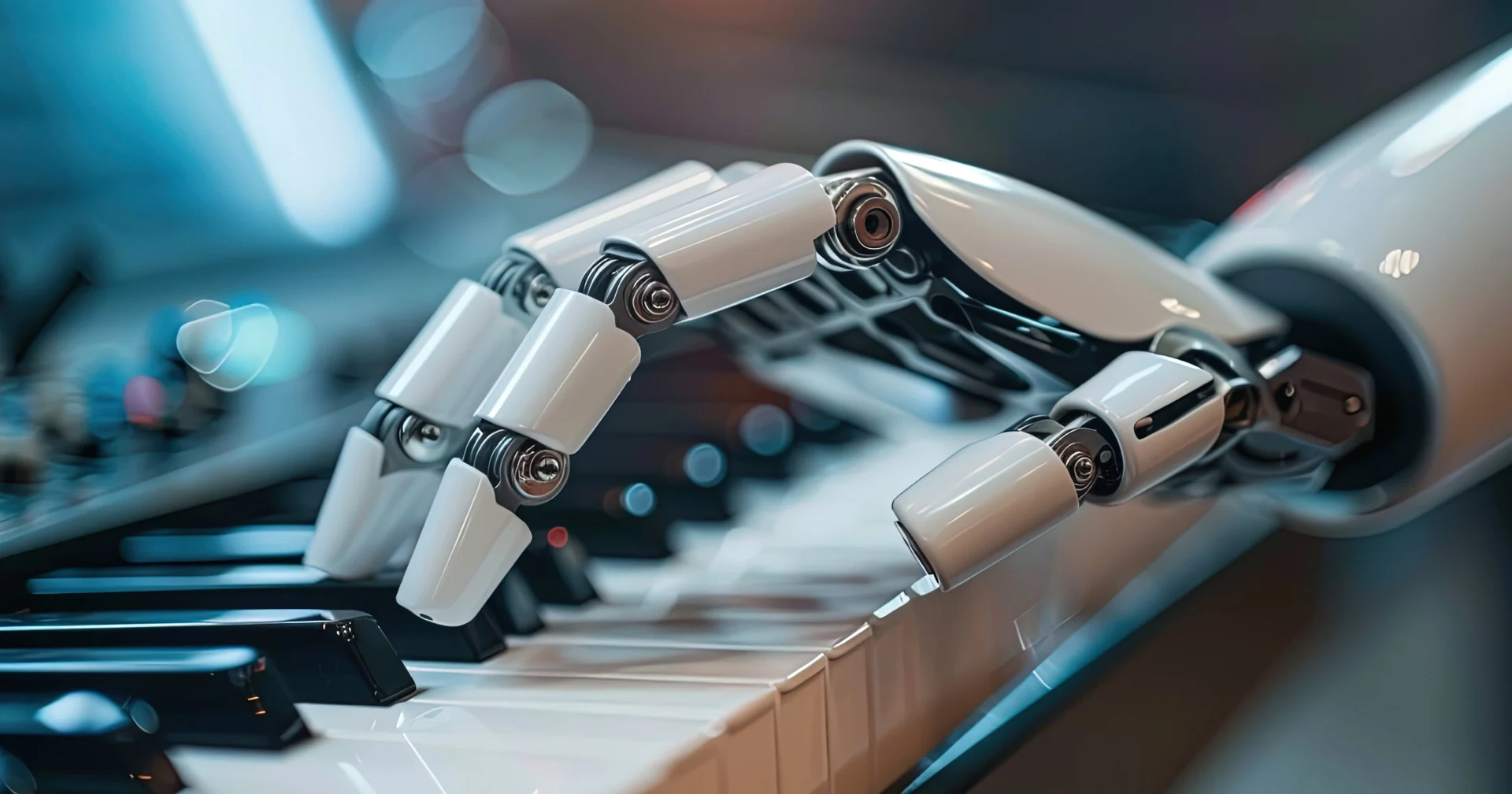Artificial intelligence is revolutionizing industries, and the music industry is no exception. AI-generated music, once a novelty, is now making waves with advanced algorithms capable of composing melodies, harmonizing vocals, and even generating lyrics. While AI-powered tools like OpenAI’s Jukebox and Sony’s Flow Machines have showcased impressive compositions, the question remains—can AI-generated music truly dominate the charts?
The music charts have long been ruled by human ingenuity, emotional storytelling, and cultural resonance. AI, on the other hand, operates on patterns, data, and probability. While AI-generated music can create catchy tunes, is it capable of evoking deep emotions and connecting with audiences on a personal level? Let’s explore whether AI can overtake human artists in chart domination.
1. The Rise of AI-Generated Music
AI-generated music has made significant strides over the past decade. Algorithms can analyze vast amounts of music data, identify patterns, and compose original tracks in seconds. This has led to AI-assisted hits and even full AI-generated albums. Companies like AIVA and Amper Music offer AI-powered tools that allow musicians to generate professional-quality compositions with minimal effort.
Major record labels are already experimenting with AI-generated songs to test market trends and optimize production costs. AI can mimic various genres, blend musical influences, and create seamless melodies, making it an attractive tool for the industry. As technology continues to evolve, AI-generated music will likely become a mainstream presence in the industry, but does it have what it takes to claim the top spots on the charts?
2. AI’s Strengths: Efficiency and Adaptability
One of AI’s biggest advantages in the music industry is its efficiency. AI can produce multiple songs within minutes, reducing the time and costs involved in traditional music production. This efficiency allows record labels and independent artists to experiment with different styles and quickly release new music.
AI also adapts to listener preferences by analyzing streaming data, social media trends, and audience feedback. Platforms like Spotify and YouTube already use AI-driven algorithms to recommend music, influencing what becomes popular. If AI-generated music aligns perfectly with trending sounds and user preferences, it could have a competitive edge in dominating the charts.

3. The Human Element: Can AI Replicate Emotion?
Music is more than just sound; it’s an emotional experience that connects with listeners on a deeper level. Human artists bring personal stories, cultural influences, and raw emotions to their work, which resonates with audiences. Can AI truly replicate the authenticity and depth of human emotion?
AI-generated music, while technically impressive, often lacks the spontaneous imperfections and emotional nuances that define human creativity. Listeners appreciate songs that reflect real-life experiences, struggles, and emotions—elements that AI currently struggles to authentically produce. Until AI can convincingly replicate human emotion and storytelling, it may find it challenging to overtake human-created music on the charts completely.

4. The Future of AI in the Music Industry
Rather than replacing human musicians, AI is more likely to serve as a collaborative tool that enhances music production. Many artists are already using AI-driven software to generate melodies, remix songs, and refine compositions. This hybrid approach allows musicians to maintain creative control while benefiting from AI’s efficiency.
As AI technology improves, we may see AI-generated songs charting alongside human-created hits, especially in electronic, pop, and experimental genres. However, complete domination remains uncertain. Music is deeply tied to culture, individuality, and artistic expression—factors that AI, despite its advancements, has yet to master fully.


